Today, Apple surprise-announced several new products without much fanfare beyond a store page update and a press release, and three of them are iPads: two new iPad Pro models and a redesigned entry-level iPad.
Since the iPad Pro is mainly getting a spec bump, the big story today is the redesigned base iPad. Apple's entry-level iPad has maintained the same basic, home-button-equipped design for years, but that changes today.
The redesigned iPad has a 10.9-inch, 2360×1640-pixel LCD display that maxes out at 500 nits of brightness. Like the iPad Air and iPad Pro, it lacks a home button, as the screen extends somewhat close to the edges of the device on all sides. Touch ID is now housed in the top button on the edge of the tablet.
As for internals, the new iPad has the A14 chip seen previously in the iPhone 12 line and in the fourth-generation iPad Air. That's up from an A13 in the previous-generation base iPad, so it's a modest upgrade on that front. You can generally expect it to be 10–20 percent faster, depending on the task.
There's a 12 MP ultra-wide camera with a 122-degree field of view on the front of the device, and for the first time, it's positioned at the edge that would be the top of the device when it's held in landscape orientation. Previously, the front-facing cameras on iPads were oriented at the top in portrait orientation instead.
And yes, as many have predicted and hoped, the new iPad has a USB-C port instead of Apple's proprietary Lightning port. It also supports Wi-Fi 6 and 5G for connectivity, and it has stereo speakers along with two microphones.
Apple is also launching a newly redesigned Magic Keyboard Folio for this iPad, but it unfortunately only supports the first-generation Apple Pencil, unlike its more expensive cousins.


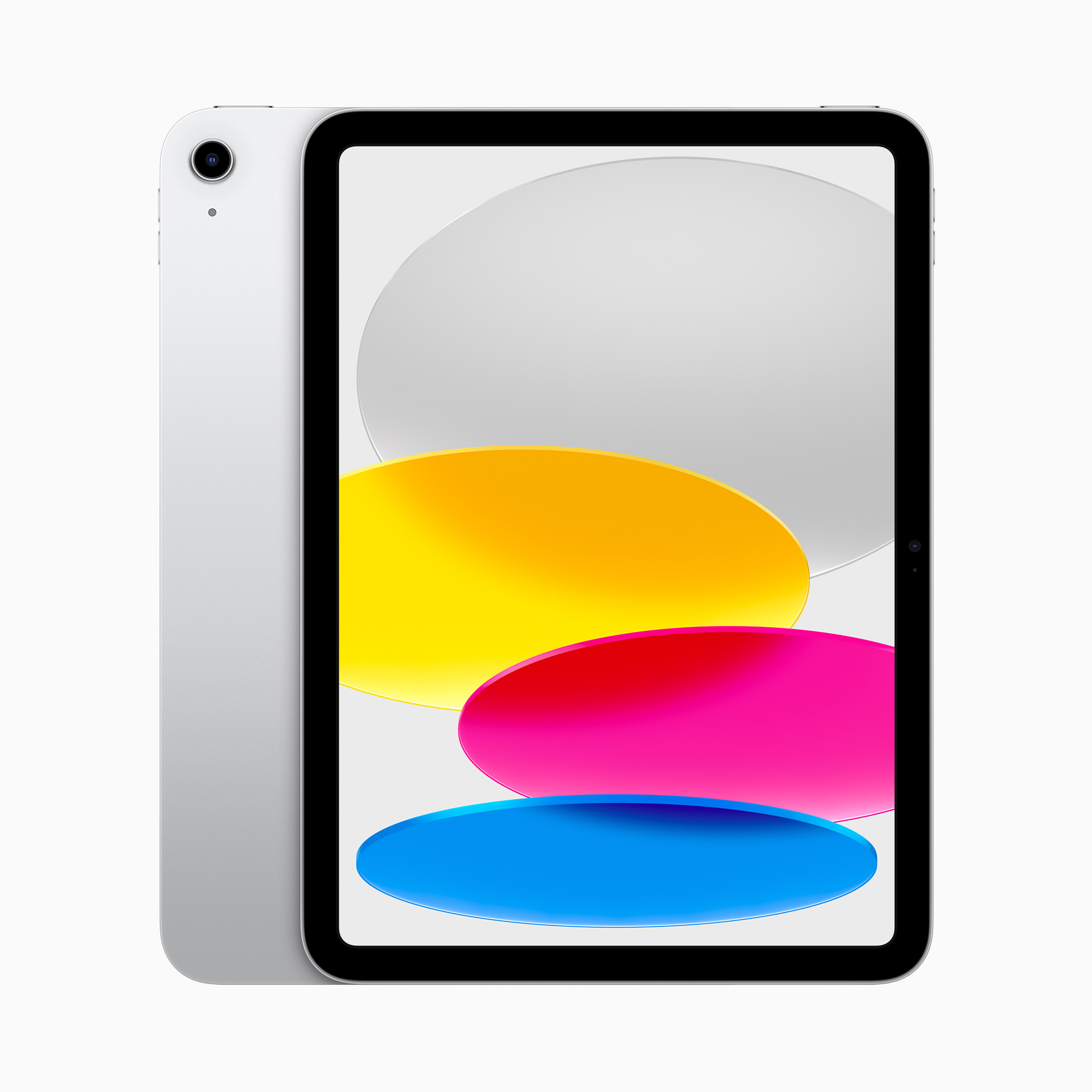
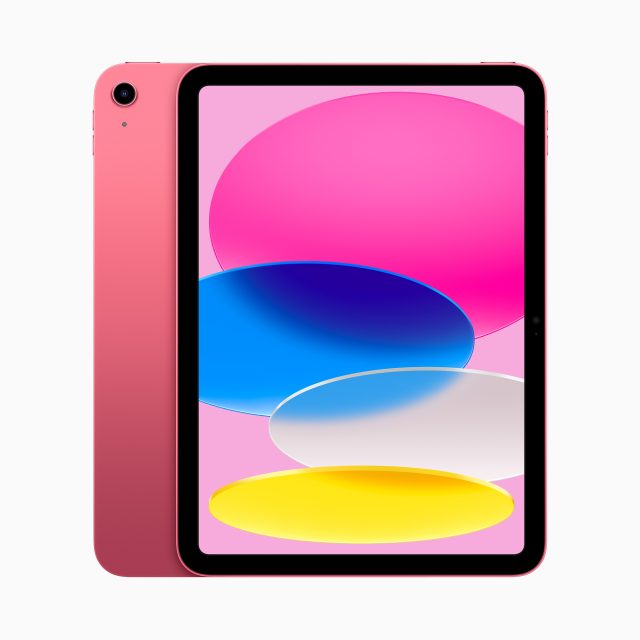
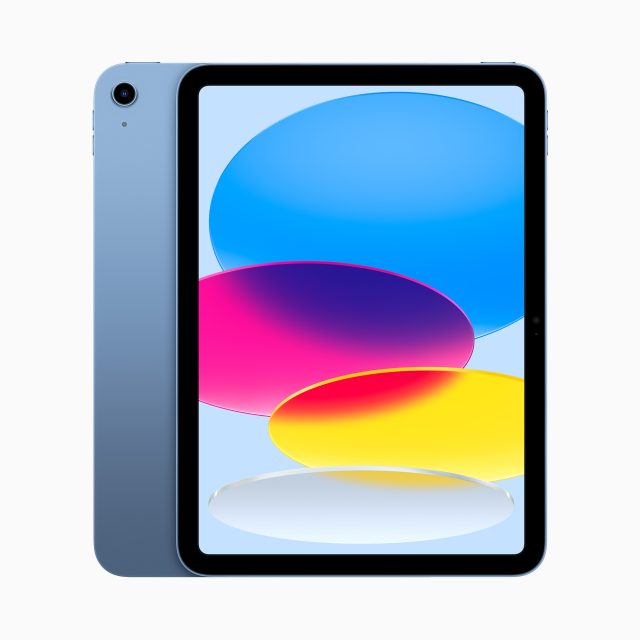
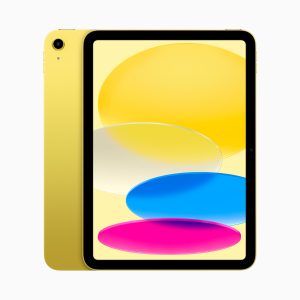
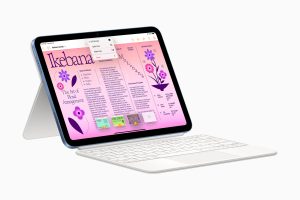
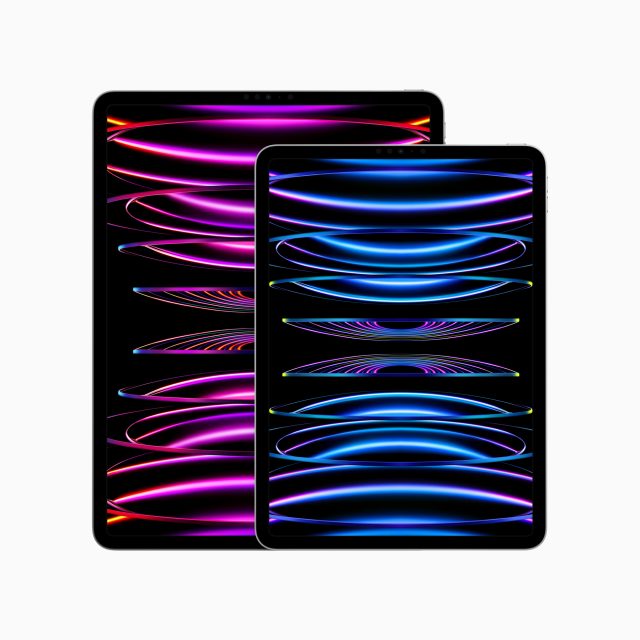
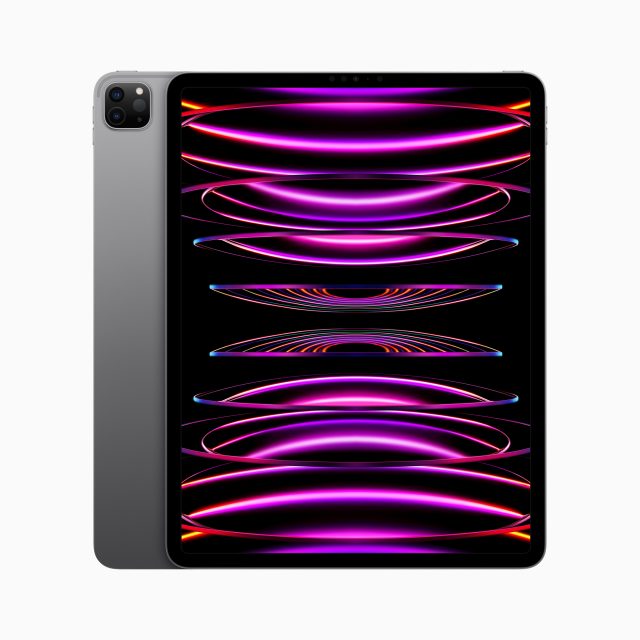
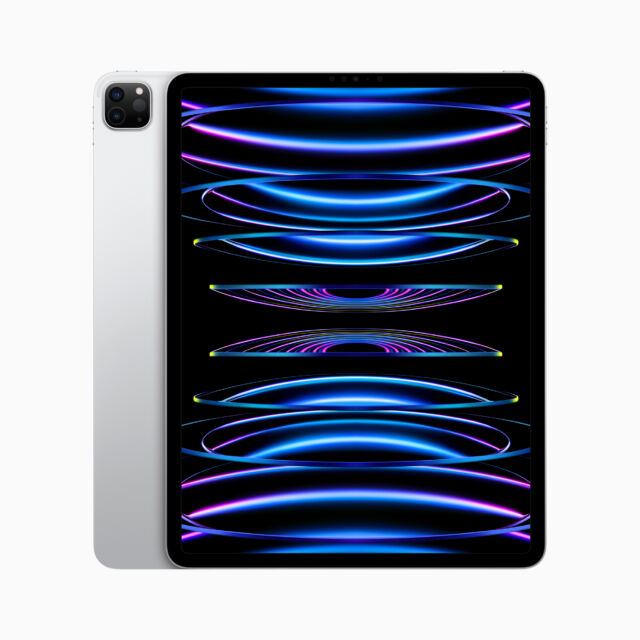
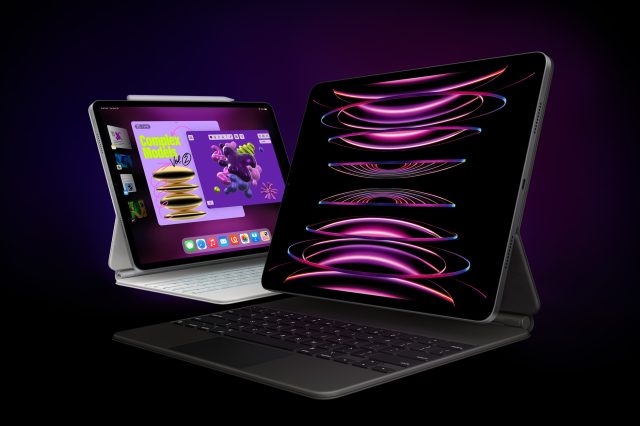
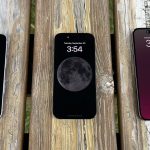

 Loading comments...
Loading comments...
